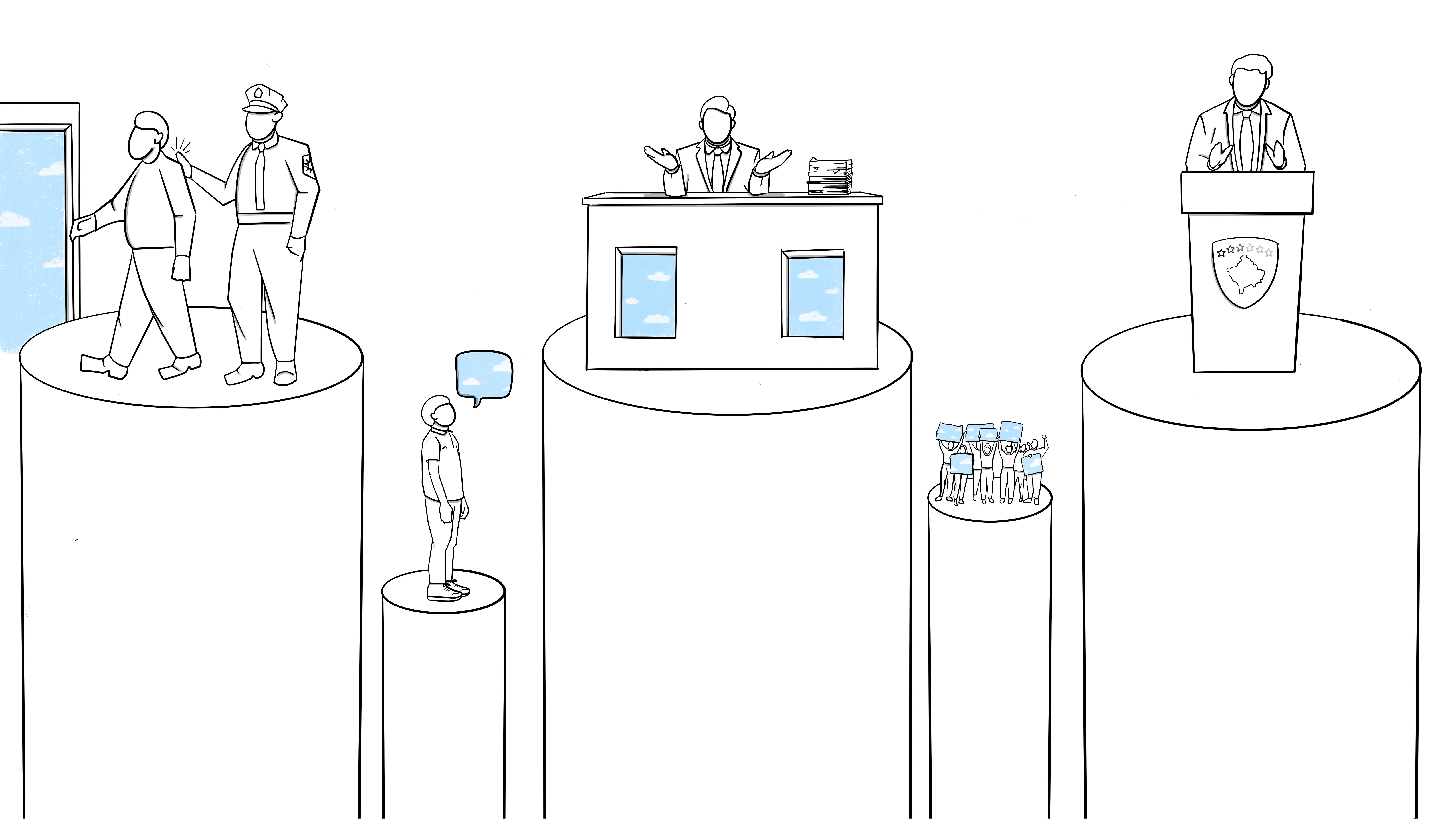
Seeking Justice for Kujtim
A demand for accountability on the second anniversary of Kujtim Veseli's untimely death.
Kosovo too cannot claim innocence when it comes to racism.
The life of an 11-year-old was cut short due to the negligence of the people whose job it is to protect us.

Lura Limani
Lura Limani is a writer and editor based in Prishtina.
DISCLAIMERThe views of the writer do not necessarily reflect the views of Kosovo 2.0.
This story was originally written in English.